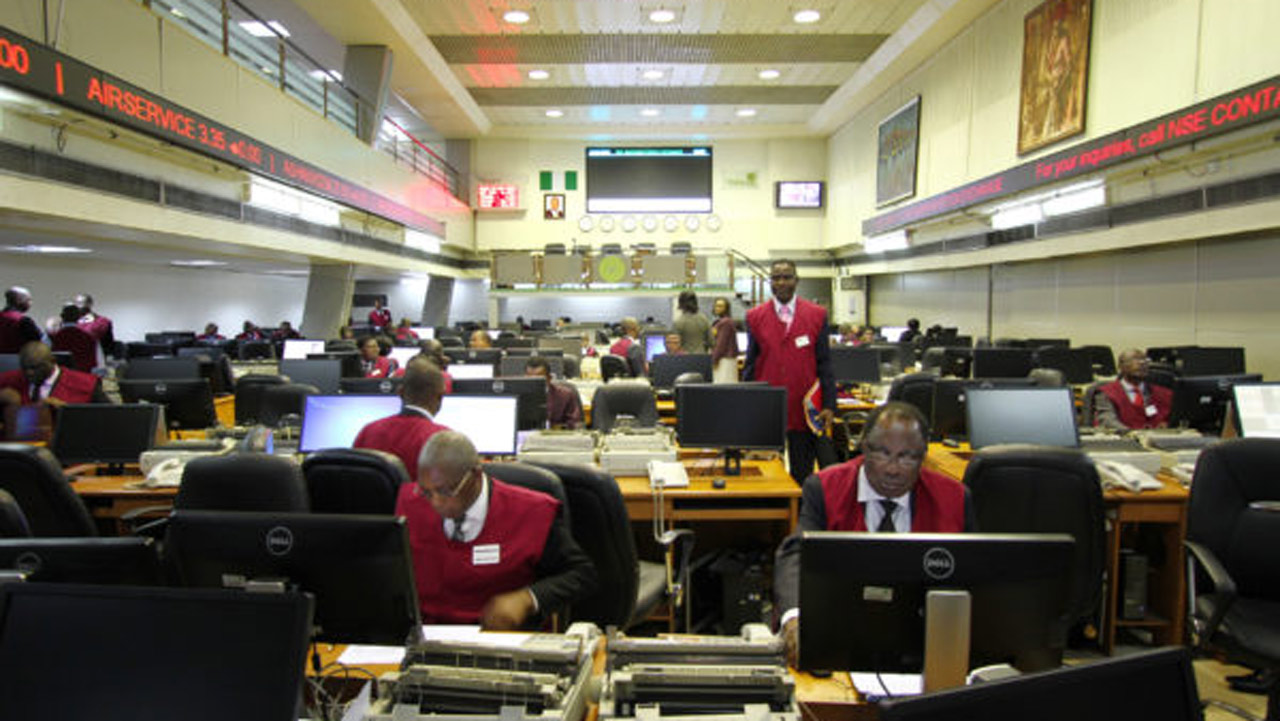
With over N1 trillion loss suffered by stock market investors in July, shareholders have urged the Federal Government to create grant incentives to listed firms to halt the slide.
The shareholders also blamed the worrying trend on massive selloffs induced by poor corporate performance, the lingering foreign exchange instability and other macroeconomic challenges.
According to them, incentives would help to forestall further dividend cuts, job loss, and corporate collapse, as well as unlock the potential of the stock market in growing the economy.
It is not cheery news for shareholders as firms still battling to plug huge FX holes in the balance sheet in the last year’s operations incurred more losses in their 2024 half-year performance, an indication that payment of dividends for most of the firms is not yet in sight.
Most of the firms may require a heavy capital injection to wriggle out of the current predicament and boost their shareholders’ funds.
The shareholders also warned that if this trend of continued losses by highly capitalised firms due to naira devaluation is not urgently tackled, more listed firms may exit the country this year, a situation that would compound the nation’s unemployment woes.
At the close of transactions last month, the market capitalisation, which reopened the month of July at N56.60 trillion, depreciated by N1.08 trillion or two per cent to close at N55.13 trillion on July 31, 2024. Also, the All-share index, which measures the performance of listed equities dipped by 2,311.76 points or 2.4 per cent from 100,057.49 to 97,745.73 points.
The selloff, which was induced by huge FX losses suffered by almost 65 per cent of blue-chip companies on the exchange, exacerbated by the ongoing ‘#EndBadGovernanceInNigeria’ protest has extended into August as investors lost N235 billion in the first trading day in August, a development, which has become a source of worry to shareholders who, in most cases have stock market investment as the only source of livelihood.
Also, many stocks across various sectors on the bourse have recorded close to 50 per cent depreciation within one month of transactions. For instance, United Capital, which reopened the month of July at N26.50 kobo, closed last Friday at N12.50 kobo, while MTN reopened in July at N214 kobo and closed at N190 kobo. JohnHolt and SCOA closed at N2.83 kobo and N1.94 kobo from N3.14 kobo and N2.15 kobo at which the firms opened for transactions in July.
TransNational Corporation and Guinness opened last month at N13 and N67 and closed at N11.20 kobo and N63.50 kobo last Friday. International Breweries, Nigerian Breweries, Vitafoam, Unilever and Fidson reopened the month of July at N4.33 kobo, N29.50 kobo, N18, N18 and N14.95 kobo to close last week Friday at N4.20 kobo, N26, N17.50 kobo, N16.86 kobo and N14.75 kobo.
In addition, no fewer than five major consumer goods firms incurred over N700 billion loss in their half-year (HI) result, owing to the foreign exchange crisis, hardship, rising inflation, insecurity and other macroeconomic challenges, coupled with uncertainty in the global market.
Although the market managed to garner about N221 billion appreciation at the close of transactions last week Friday the outflow of capital from the market in the recent past has led to concerns about the impact on the economy, as analysts predicted the continued selloff could worsen if factors impeding the nation’s economic growth, especially the forex issue were not urgently tackled.
According to shareholders, the improved performance recorded by the medium-capitalised stocks may not be enough to push the indices as sell-offs in these highly capitalised stocks that constitute close to 70 per cent of market capitalisation would continue to drag the key performance indices.
Analysts at Codros Capital said while the ongoing H1, 2024 earnings season is expected to dictate the market’s direction over the short term, the bearish sentiments are expected to remain the key theme as investors remain cautious and continue to exhibit weak appetite for Nigerian tickers.
“Over the short term, we expect FX liquidity conditions to remain frail, mainly due to weak CBN intervention. In addition, we think FX liquidity concerns, the elevated global interest rates and geopolitical uncertainties may keep foreign inflows subdued in the near term.”
President of Ibadanzone Shareholders Association of Nigeria, Eric Akinduro said it would be difficult for these directors of the companies to declare dividends at the end of the current financial year.
He pointed out that the persistent huge FX loss will not only reduce the earnings performance of these firms but continue to damage their balance sheet as there is currently no signal about when this tough macroeconomic situation will ease.
The major consumer goods companies – Nestle, BUA, PZ Cussons, Dangote Sugar, Unilever, Cadbury, Guinness and Nigerian Breweries recorded combined FX losses amounting to N839.24 billion in the 2023 financial year.
Akinduro suggested that the Federal Government should rather deploy banks’ forex gains into the business of these quoted companies to save them from collapse.
President of the Independent Shareholders Association of Nigeria, Moses Igbrude stressed the need for the Federal government to strengthen collaboration with the Organised Private Sector (OPS) to help share risks, speed up execution and work for a common goal.
“These losses are the multiplier effects of government unfavorable policies over years. If you look at the accounts of the companies, they made operational profits but when forex losses are factored in, they turn into huge losses.
“When this trend continues, investors will be compelled to move their investments to a more stabilised environment and that is the reason for the recent selloff witnessed in the market.
President of NewDimension Shareholders Association of Nigeria, Patric Ajudua, said the high interest rate environment which resulted in an uptick in the fixed income market mopped financial assets away from equities.
He added that the increasing hardship, inflation and heightening insecurity also adversely affected investors’ confidence.






